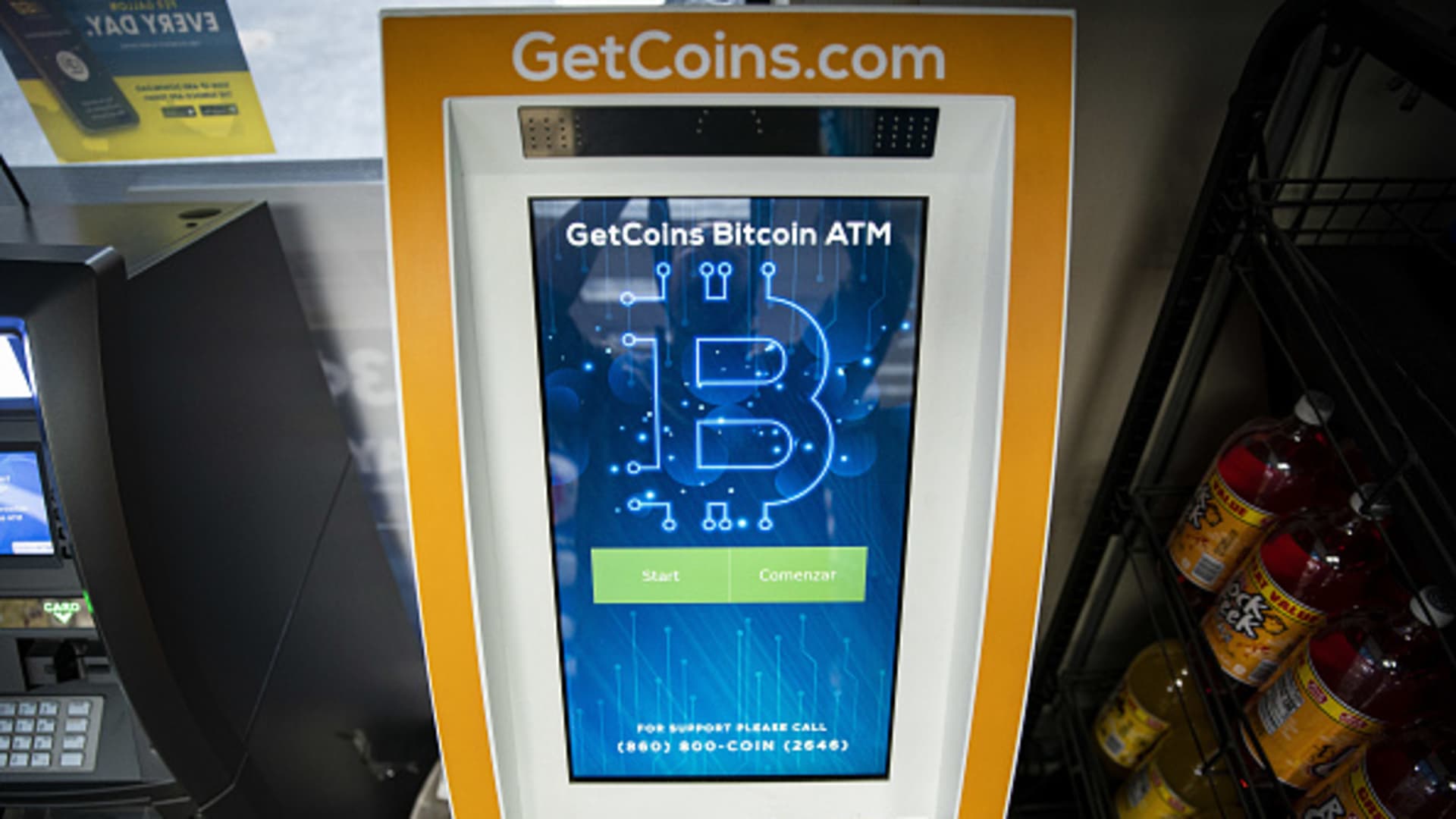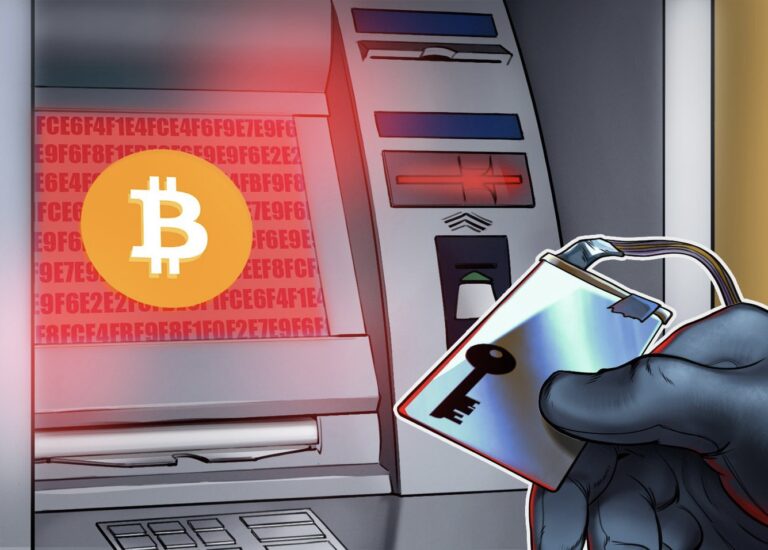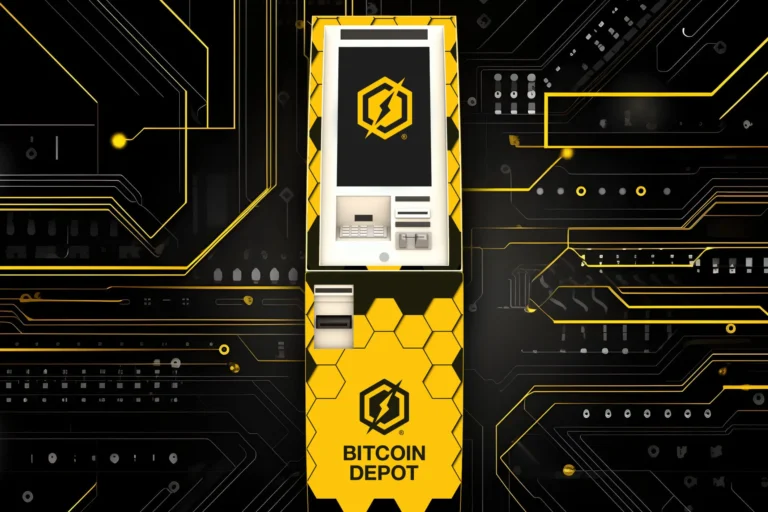The world of Bitcoin and cryptocurrency, which is often celebrated for its decentralized, innovative potential, unfortunately has a dark side. One such alarming issue is the rise of Bitcoin ATM scams, particularly targeting elderly citizens, leading to a shocking $110 million in losses in just one year. These aren’t just numbers; these are real people—many of them seniors who trusted the system and fell into sophisticated traps.
Picture this: you receive a phone call that seems legitimate—maybe it’s from “tech support” or even your “bank.” The person on the other end tells you your account has been compromised, and they’re there to help you secure your funds. They send you a QR code, instructing you to go to a Bitcoin ATM, scan it, and deposit funds into what you believe is your own account. You’re acting quickly to protect yourself, but in reality, you’re sending your hard-earned money straight into the scammer’s hands.
What’s truly heartbreaking is that older adults—those over the age of 60—are three times more likely to fall victim to these schemes than younger individuals, according to data from the Federal Trade Commission (FTC). It’s not just about a lack of technical knowledge. Many seniors experience loneliness, cognitive decline, or may not have someone to turn to for advice, making them prime targets for these fraudsters. One such victim, Marilyn LoCascio, a 76-year-old woman, lost $31,500 after scammers posed as Apple tech support, a bank representative, and even government officials, pulling her deeper into the trap.
It’s easy to feel invincible if you’re a younger trader or someone experienced in the crypto space. But this story is a stark reminder of how vulnerable people can be, especially when new technology is involved. With nearly 40,000 Bitcoin ATMs now installed worldwide, the potential for scams is growing, particularly in regions like the US, where these machines are legal and widely accessible.
These Bitcoin ATMs, found in convenience stores, gas stations, and other public locations, look just like regular ATMs. The difference is that instead of cash, they deal with cryptocurrency. For scammers, this makes them the perfect tool to exploit unsuspecting individuals. Once the victim scans the QR code sent by the scammer, their money is transferred into the scammer’s digital wallet, disappearing without a trace.
The story of these scams is more than just a cautionary tale for seniors—it’s a wake-up call for the entire crypto community. We’re in a space where innovation and risk go hand in hand, and as traders, it’s crucial to educate and protect not only ourselves but those around us, particularly those who might not fully grasp the intricacies of crypto. The decentralized nature of Bitcoin and other cryptocurrencies offers immense freedom, but with that freedom comes the responsibility to stay vigilant.
As the crypto industry grows, so too does the sophistication of scams. Whether you’re buying, trading, or simply holding crypto, the first line of defense is awareness. Let’s ensure that our passion for this space doesn’t blind us to the real dangers that exist, especially for the most vulnerable among us.



